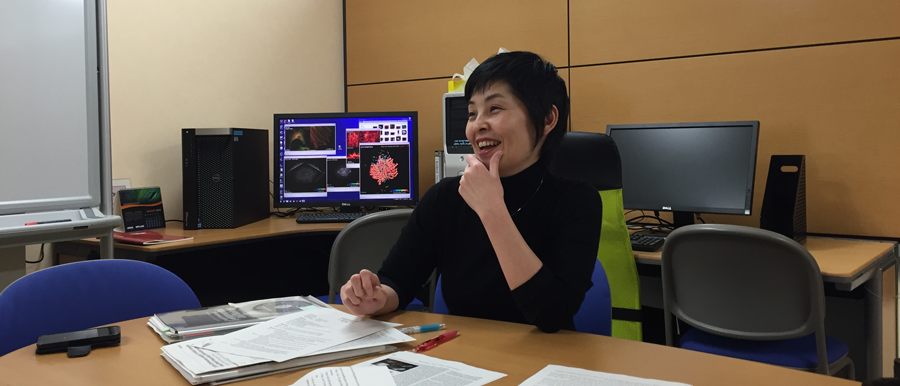Latest research animations
Self-assembly of spider silk
This gut microbe might protect against diabetes and reduce insulin resistance
NEW: One-way hydrogel guides motion of tiny worms!
Latest Posts
No Results Found
The page you requested could not be found. Try refining your search, or use the navigation above to locate the post.
Organ regeneration in the lab
Of mice and NREM: In this brain circuit, memories depend on sleep
Dear RIKEN: Can you bring frozen animals back to life?
From evolutionary morphology to Godzilla
Award-winning 3D images of living cells
Electrolithoautotrophs
Element 113: “discovery” or not?
Black smokers and electroecosystems
Science communication symposium
27

AI used to detect fetal heart problems
Researchers have developed a novel system that can automatically detect abnormalities in fetal hearts in real-time using artificial intelligence (AI). ???❤️
7

Protostars that exhibit large diversity in organic compounds
A survey of a molecular cloud has found that the organic chemical makeup of protostars varies considerably.
6

Scientists solve epigenetic barriers to cloning
Scientists show that two epigenetic factors improve the success rate of cloning via somatic cell nuclear transfer.
31

Transgenic plants ??on acid survive without water
Scientists designed transgenic plants that survive drought-like conditions by bumping up acetic acid production only when water is scarce.
29

Two genes that regulate how much we dream
An international research team led by RIKEN BDR has identified a pair of genes that regulate how much REM (dream) and non-REM sleep an animal experiences.
3

Flies use fecal deposits as pheromones
Bioluminescence imaging of fly brains reveals neurons sensitive to fly poo laced with pheromones (you can see the fecal “landmark” in the dotted circle). Need we say more?









